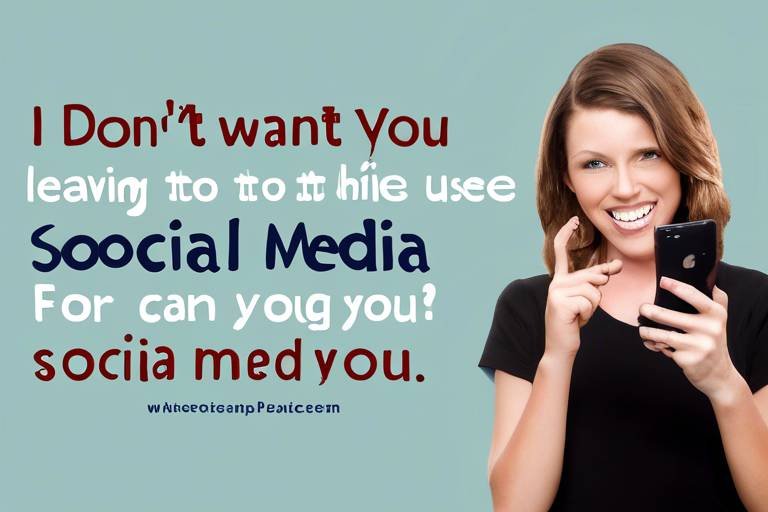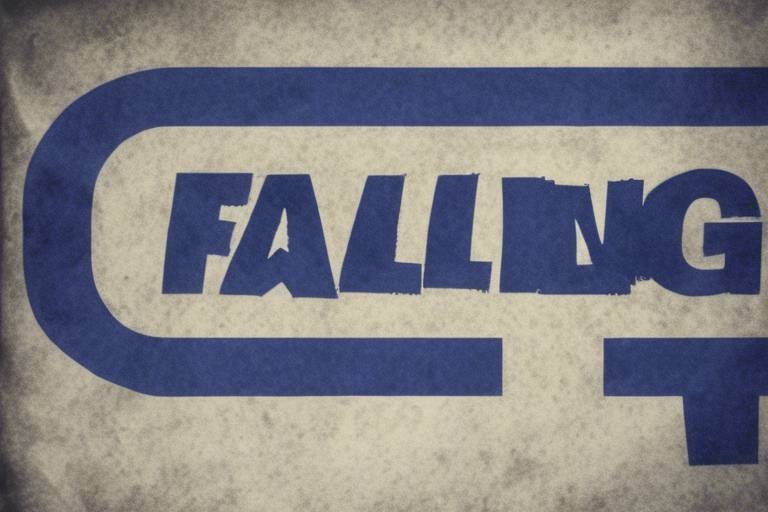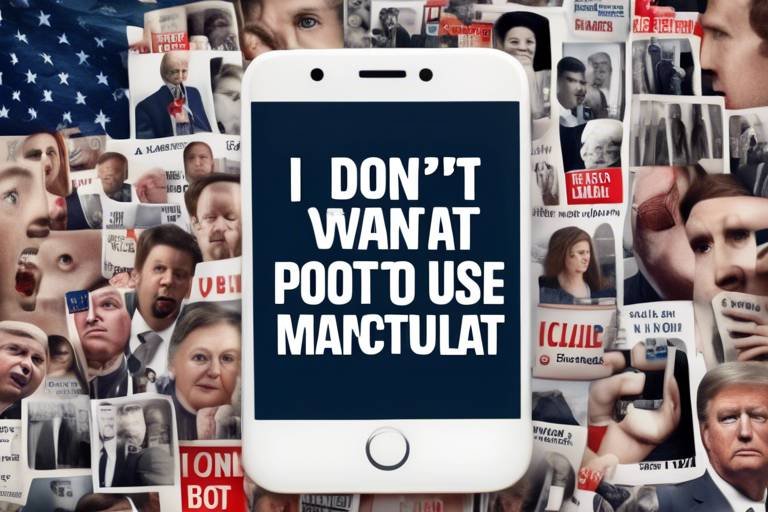Difference Between Safe and Unsafe Online Relationships
This article explores the key distinctions between safe and unsafe online relationships, offering insights into recognizing red flags, establishing boundaries, and fostering healthy connections in the digital age.
Online relationships can vary widely in nature and depth. Whether it's a friendship formed in a gaming chat room or a romantic connection through social media, the digital landscape offers myriad opportunities for interaction. However, it's essential to navigate these waters with caution. The potential benefits of online relationships can be enticing, including the ability to connect with like-minded individuals across the globe, share experiences, and even find love. Yet, these advantages come with inherent risks, such as misrepresentation, emotional manipulation, and even cyberbullying. Understanding the landscape of online relationships is crucial for anyone looking to engage meaningfully and safely in today’s interconnected world.
Identifying the characteristics of a safe online relationship is crucial. A healthy online connection can often feel just as significant as those in the physical world. But how do you know when you’re in a safe online relationship? Look for these key indicators that suggest a secure bond:
Effective communication is a cornerstone of safe relationships. In an online environment, this means being transparent and honest about your feelings, intentions, and personal circumstances. When both parties feel comfortable discussing their thoughts and emotions without fear of judgment, it fosters a deeper level of trust. Open communication can look like:
- Regular check-ins to discuss feelings and thoughts.
- Sharing personal experiences and being vulnerable.
- Encouraging feedback and actively listening to each other.
Respect is vital in any relationship, and it manifests in various ways online. A safe online relationship is characterized by both individuals valuing each other’s opinions, boundaries, and time. This mutual respect can be seen through:
- Valuing each other’s privacy and personal space.
- Recognizing and appreciating each other’s differences.
- Supporting each other’s decisions without pressure or coercion.
Recognizing warning signs is essential for safety. Just as in face-to-face interactions, online relationships can harbor risks. Here are some common red flags that indicate a relationship may be unsafe or unhealthy:
Controlling behavior can be a significant red flag. If your partner frequently dictates how you should act, whom you should talk to, or what you should share online, it’s time to reconsider the dynamics of your relationship. This type of behavior can manifest as:
- Constantly checking your online activity or demanding access to your accounts.
- Pressuring you to share personal information before you are comfortable.
- Making you feel guilty for spending time with others, even online.
Inconsistencies in personal information can indicate dishonesty. If you notice that your partner’s stories don’t add up or they frequently change details about their life, it’s a potential warning sign. Trust your instincts; if something feels off, it probably is. Look out for:
- Contradictory statements about their background or experiences.
- Vague responses when asked for clarification.
- A reluctance to share personal details that would help you understand them better.
Setting boundaries is crucial for safety in online relationships. Without clear boundaries, it’s easy for misunderstandings to occur, leading to discomfort or even emotional harm. Here are some tips on how to establish and communicate personal boundaries effectively:
- Be clear about what you are comfortable sharing and what is off-limits.
- Discuss your expectations regarding communication frequency and type.
- Revisit and adjust boundaries as the relationship evolves.
Q: How can I protect myself in an online relationship?
A: Always prioritize your safety by keeping personal information private, being cautious about sharing photos, and trusting your instincts if something feels wrong.
Q: What should I do if I notice red flags?
A: It’s essential to address your concerns directly with the other person. If the behavior doesn’t change or makes you uncomfortable, consider distancing yourself from the relationship.
Q: How can I foster a healthy online relationship?
A: Focus on open communication, mutual respect, and establishing clear boundaries. Make sure both parties feel valued and heard.
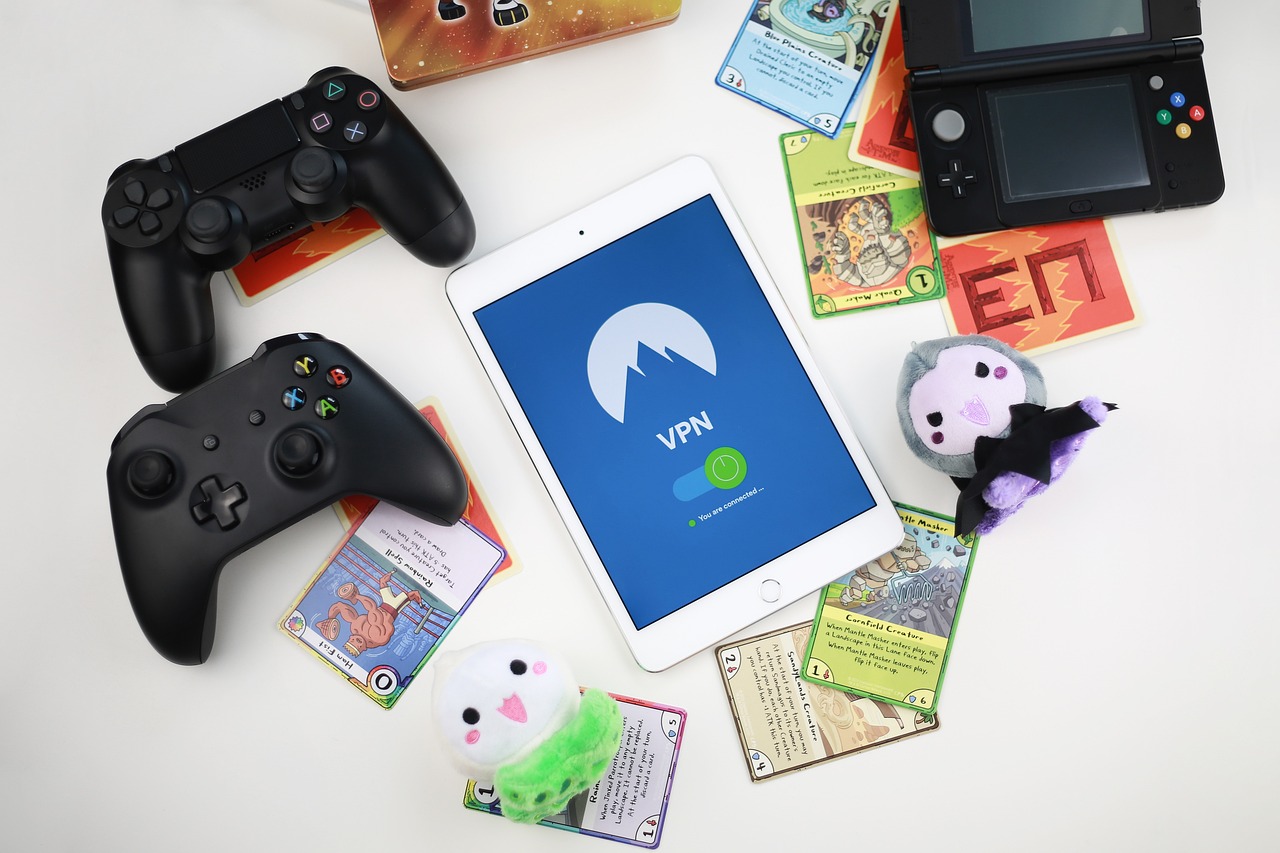
Understanding Online Relationships
In today's digital age, online relationships have become an integral part of our social lives. Whether it's connecting with friends on social media, dating through apps, or engaging in forums and communities, these relationships can vary in nature and depth. But what exactly does it mean to have an online relationship? At its core, it encompasses any form of interaction that occurs through the internet, allowing individuals to connect regardless of geographical barriers. This freedom can lead to incredible friendships and romantic partnerships, but it also comes with its own set of challenges and risks.
One of the most appealing aspects of online relationships is the ability to connect with people who share similar interests and values. Imagine being able to discuss your favorite hobbies, passions, or even your deepest fears with someone halfway across the world! This shared experience can create a strong bond, often leading to meaningful connections that might not have been possible in traditional settings. However, it's essential to recognize that not all online interactions are created equal. While some can be enriching, others may be fraught with danger.
As we navigate this digital landscape, it's crucial to weigh the benefits against the potential risks. Here are some key points to consider:
- Benefits:
- Access to diverse perspectives and cultures.
- Opportunities for personal growth and self-discovery.
- Convenience of connecting anytime and anywhere.
- Risks:
- Potential for misrepresentation and deceit.
- Challenges in establishing trust.
- Exposure to harmful behaviors and manipulative tactics.
Understanding these dynamics is vital for anyone engaging in online relationships. You might be wondering, how can we ensure that our online connections are healthy and beneficial? Well, it starts with recognizing the importance of communication and trust. Just like in face-to-face interactions, the foundation of any online relationship rests on how well individuals communicate with each other. Open dialogues, honesty, and a willingness to share thoughts and feelings can pave the way for a solid connection.
Moreover, it’s essential to be aware of the risks involved. Just because someone seems genuine online doesn’t mean they are. The anonymity of the internet can sometimes encourage people to present a distorted version of themselves. This is why being vigilant and discerning is crucial when forming online relationships. Always take the time to verify the information shared with you, and trust your instincts. If something feels off, it probably is!
In conclusion, while online relationships can offer incredible opportunities for connection and growth, they also require a thoughtful approach. By understanding the nature of these relationships and being aware of the potential pitfalls, individuals can navigate the digital landscape more safely and effectively. So, as you engage with others online, remember to stay alert, communicate openly, and prioritize your safety. After all, a healthy online relationship is built on trust, respect, and a mutual desire for connection.

Signs of a Safe Online Relationship
Identifying the characteristics of a safe online relationship is crucial in navigating the digital landscape. In a world where connections are often made through screens, understanding what makes a relationship healthy can be the difference between a fulfilling interaction and a potentially harmful one. So, how do you know if your online relationship is on solid ground? There are several key indicators that suggest a healthy and secure connection between individuals online.
First and foremost, open communication is a hallmark of a safe online relationship. When both parties feel comfortable sharing their thoughts, feelings, and concerns, it creates a foundation of trust. This means being able to discuss sensitive topics without fear of judgment or backlash. It's essential that both individuals can express their needs and preferences openly. For instance, if one person feels uncomfortable with a topic being discussed, they should be able to voice that without any negative repercussions. This kind of transparency is what fosters a genuine connection.
Another vital sign is mutual respect. Respect in an online relationship manifests in various ways—acknowledging each other's boundaries, valuing opinions, and treating each other as equals. When both individuals recognize and appreciate each other's individuality, it creates a safe space for growth and exploration. For example, if one partner enjoys certain hobbies or interests, the other should encourage and support those passions rather than belittle or dismiss them. This mutual respect lays the groundwork for a relationship that can withstand challenges and thrive over time.
Furthermore, a safe online relationship often includes consistent and honest interactions. If you notice that your partner is open about their life, sharing experiences, and providing truthful information, it’s a positive sign. However, if you frequently find yourself questioning the authenticity of their words or if they tend to avoid sharing personal details, it could indicate something amiss. Trust is built on honesty, and when both individuals are forthcoming, it strengthens the bond between them.
Additionally, it's important to recognize the significance of shared goals and values. When both individuals are aligned in their intentions, whether it’s seeking companionship, friendship, or something more serious, it fosters a deeper connection. Discussing future aspirations and values can help ensure that both parties are on the same page. It’s like planting seeds in a garden; when you nurture shared goals, you create a beautiful landscape of mutual understanding and support.
Lastly, a safe online relationship often features a sense of emotional support. This means being there for each other during tough times and celebrating each other's successes. When both individuals actively listen and provide encouragement, it enhances the emotional bond. This kind of support is crucial, as it helps both partners navigate the ups and downs of life, even from a distance.
In conclusion, recognizing the signs of a safe online relationship is essential for your emotional well-being. Open communication, mutual respect, honesty, shared goals, and emotional support are all key indicators that you’re on the right track. So, the next time you engage with someone online, take a moment to reflect on these signs. Are they present in your relationship? If so, you may just have a solid connection worth nurturing.
Q1: How can I ensure my online relationship is safe?
A1: Prioritize open communication and mutual respect. Regularly check in with each other about feelings and boundaries.
Q2: What should I do if I notice red flags in my online relationship?
A2: Trust your instincts. If you feel uncomfortable, it’s important to address these concerns directly with your partner or consider distancing yourself.
Q3: How can I establish boundaries in an online relationship?
A3: Clearly communicate your limits and preferences. Discuss what is acceptable and what is not, ensuring both parties are on the same page.
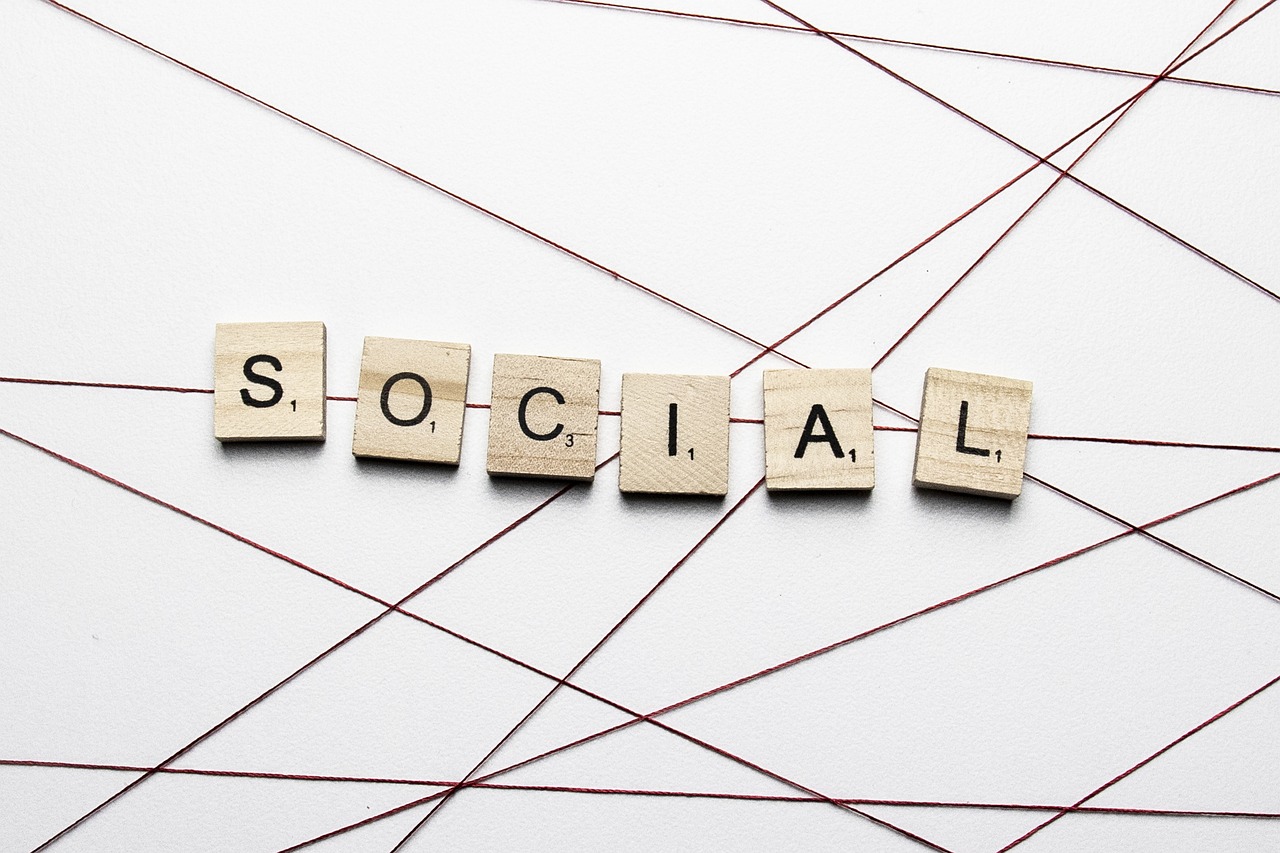
Open Communication
When it comes to online relationships, is like the glue that holds everything together. Imagine trying to build a house without a solid foundation; it just wouldn’t work, right? Well, the same principle applies here. Effective communication fosters trust and understanding, making it essential for any healthy connection in the digital realm. So, how do we ensure that communication remains open and effective?
First and foremost, it’s crucial to be transparent. This means sharing your thoughts and feelings honestly, without hiding behind a screen. When you’re upfront about your intentions and emotions, it creates a safe space for the other person to do the same. Have you ever been in a situation where you felt like someone was holding back? It can be frustrating and lead to misunderstandings. By being open, you not only express your own feelings but also encourage your partner to reciprocate, which is vital for building a strong bond.
Another key aspect of open communication is active listening. This isn’t just about hearing words; it’s about understanding the underlying feelings and thoughts behind those words. When your partner shares something with you, take the time to really listen. Nod, ask questions, and show that you value their perspective. This not only makes them feel heard but also strengthens your connection. Think of it like a dance; both partners need to be in sync to create something beautiful.
Moreover, setting aside time for regular check-ins can greatly enhance your communication. Just like a couple might have date nights to reconnect, you can schedule moments to discuss how things are going in your relationship. This could be a casual chat over coffee or a more structured video call. Whatever the format, these moments are invaluable for clearing up any potential misunderstandings before they escalate.
Finally, don’t forget the importance of non-verbal cues. In online relationships, these might come through your tone of voice, facial expressions on video calls, or even the emojis you use in texts. They can convey emotions that words alone sometimes can’t. So, pay attention to these cues and be mindful of how your own non-verbal signals might be interpreted. It’s like painting a picture; every brushstroke adds depth and meaning.
In summary, open communication is the cornerstone of safe online relationships. It’s about being honest, listening actively, checking in regularly, and being aware of non-verbal cues. By prioritizing these elements, you create a nurturing environment where both parties can thrive, ensuring that your online connection is as strong and fulfilling as any offline relationship.

Mutual Respect
is the bedrock of any thriving relationship, whether it’s online or offline. In the digital realm, where interactions often lack the nuances of face-to-face communication, establishing a foundation of respect becomes even more critical. When both parties recognize and value each other's feelings, opinions, and boundaries, it creates an environment where individuals feel safe and valued. This mutual regard fosters a sense of belonging and trust, which are essential for any relationship to flourish.
But what does mutual respect look like in an online relationship? It's not just about saying nice things or avoiding harsh words; it’s about genuine consideration for one another's thoughts and feelings. For instance, if one person expresses discomfort with a topic of conversation, the other should be willing to pivot and discuss something more comfortable. This simple act of listening and adapting can make a world of difference.
Moreover, mutual respect entails recognizing that both individuals bring their own unique experiences and perspectives to the table. Just as in a well-balanced meal, each ingredient plays a vital role in achieving the perfect flavor. In an online relationship, this means appreciating the differences and finding common ground. When conflicts arise—and they inevitably will—approaching them with respect can lead to constructive conversations rather than hurtful arguments.
To further illustrate the importance of mutual respect, consider the following key aspects:
- Active Listening: This involves truly hearing what the other person is saying and responding thoughtfully, rather than just waiting for your turn to speak.
- Valuing Opinions: Acknowledging that the other person’s views are valid, even if they differ from your own, is crucial for developing a respectful dialogue.
- Supportive Feedback: Offering constructive criticism instead of harsh judgments helps to create a safe space for open communication.
In conclusion, mutual respect is not a one-time achievement but an ongoing process that requires effort and commitment from both parties. By fostering an atmosphere of respect, individuals can build strong, healthy online relationships that stand the test of time. Remember, in the vast ocean of the internet, a respectful connection can be a lighthouse guiding you safely through the waves of digital interactions.
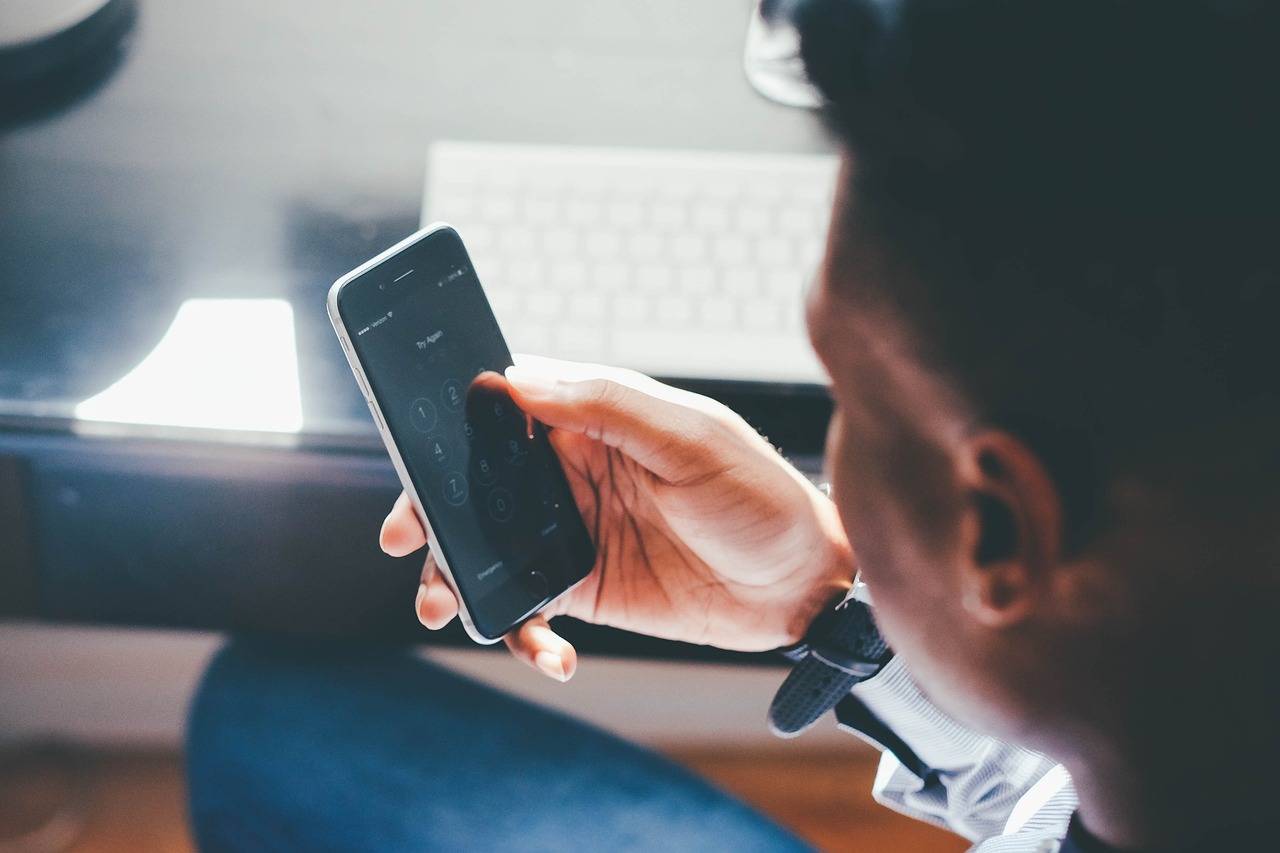
Red Flags of Unsafe Online Relationships
When navigating the vast ocean of online relationships, it's crucial to be aware of the potential dangers lurking beneath the surface. Just like a ship needs a sturdy compass to avoid treacherous waters, you need to recognize the red flags that signal an unsafe online relationship. These warning signs can manifest in various forms, each one more concerning than the last. Understanding these red flags can help you steer clear of unhealthy connections and protect your emotional well-being.
One of the most glaring red flags is controlling behavior. This can show itself in numerous ways, such as a partner demanding to know your whereabouts at all times or pressuring you to cut ties with friends and family. If someone tries to dictate your actions or decisions, it’s a clear indication that they may not have your best interests at heart. Imagine being in a cage, where every movement is monitored; that’s what controlling behavior feels like in a relationship. You should feel free to express yourself and maintain your independence.
Another significant warning sign is inconsistent information. If your online partner frequently changes their story or provides conflicting details about their life, it could be a sign of dishonesty. For instance, if they tell you they live in one city but later mention they are in a completely different location, it’s time to raise an eyebrow. This inconsistency can lead to a web of lies that ultimately jeopardizes the foundation of trust in your relationship. Just like a puzzle, every piece should fit together seamlessly; if it doesn’t, something is off.
Moreover, if your online partner exhibits a lack of accountability, that’s another red flag to watch for. They might make excuses for their behavior or blame others for their problems. This kind of behavior can create a toxic environment where you feel responsible for their emotions and actions. Remember, a healthy relationship should be a two-way street, where both parties take responsibility for their actions and support each other in times of need.
In addition to these signs, pay attention to how your partner reacts to your boundaries. If they dismiss your needs or push you to share more than you’re comfortable with, it’s a clear indicator that they may not respect your autonomy. Healthy relationships thrive on mutual respect, and if that’s lacking, it’s a cause for concern. Think of it like a garden; if one plant starts to overshadow the others, it can stifle their growth. Boundaries are essential to ensure that both partners can flourish.
Lastly, if your partner exhibits extreme jealousy or possessiveness, it’s a major red flag. While a little jealousy can be normal, excessive jealousy can lead to controlling behavior and emotional manipulation. If they frequently question your interactions with others or seem overly concerned about who you’re talking to online, it might be time to reassess the relationship. Healthy partnerships are built on trust, not suspicion.
To summarize, recognizing the red flags of unsafe online relationships can be the difference between emotional safety and distress. Stay vigilant for signs of controlling behavior, inconsistent information, lack of accountability, disregard for your boundaries, and extreme jealousy. If you encounter any of these red flags, it’s essential to take a step back and evaluate whether this relationship is worth pursuing. Remember, you deserve to feel safe and respected in every connection you make.
- What should I do if I notice red flags in my online relationship?
Trust your instincts. If you feel uncomfortable, it’s essential to communicate your concerns to your partner. If they don’t respect your feelings, consider distancing yourself from the relationship. - Can online relationships be safe?
Yes, online relationships can be safe if both parties communicate openly, respect each other’s boundaries, and establish trust. Always prioritize your safety and well-being. - How can I protect myself in an online relationship?
Be cautious about sharing personal information, take your time getting to know the other person, and always listen to your gut feelings. If something feels off, don’t ignore it.

Controlling Behavior
Controlling behavior in online relationships can be one of the most alarming signs that something is amiss. It’s like having a shadow that follows you everywhere, dictating your moves and choices. When someone attempts to manipulate or dictate how you should think, feel, or act, it crosses a line from care into control. This can manifest in various ways, such as demanding constant communication, insisting on knowing your whereabouts, or even pressuring you to cut ties with friends and family. It's essential to recognize these patterns early on, as they can lead to a toxic environment that stifles your freedom and individuality.
One of the first things to look out for is the frequency and nature of communication. If your partner is constantly texting or calling, asking where you are or who you’re with, it might feel flattering at first. However, this behavior can quickly evolve into something more sinister. In a healthy relationship, both parties should feel comfortable and secure enough to maintain their independence. When someone tries to monitor your activities, it’s a significant red flag that should not be ignored.
Moreover, controlling behavior often goes hand in hand with emotional manipulation. For instance, if your partner uses guilt as a weapon, saying things like, “If you loved me, you would do this for me,” it’s a clear indication that they are attempting to control your actions through emotional pressure. This can create a cycle of dependency where you feel obligated to comply with their demands to maintain peace in the relationship. Recognizing this pattern is crucial for your emotional well-being.
To better understand how controlling behavior can manifest in online relationships, consider the following examples:
| Behavior | Description |
|---|---|
| Excessive Monitoring | Constantly checking your online activity, including social media interactions. |
| Isolation | Encouraging you to cut ties with friends or family who aren't supportive of the relationship. |
| Demands for Transparency | Requesting passwords or access to your personal accounts to 'prove' your loyalty. |
In a world where digital communication can easily be misinterpreted, it’s vital to stay vigilant. If you notice any of these behaviors creeping into your online interactions, it’s time to take a step back and evaluate the relationship. Remember, a healthy connection should empower you, not restrict you. If you find yourself constantly walking on eggshells, it might be time to reassess whether this relationship is truly worth your time and emotional investment.
Ultimately, recognizing controlling behavior is about listening to your instincts. If something feels off, it probably is. Trust your gut, and don’t hesitate to seek advice from friends or professionals who can provide perspective. Your emotional safety should always come first, and understanding these dynamics is a critical step in fostering healthy online relationships.
- What should I do if I suspect controlling behavior in my online relationship? It's essential to communicate your feelings with your partner. If the behavior doesn't change, consider seeking support from friends or professionals.
- How can I establish boundaries in an online relationship? Clearly communicate your limits and ensure both parties agree on respecting each other's space and privacy.
- Are there any resources for those dealing with controlling partners? Yes, many online resources and hotlines can provide support and guidance for individuals in controlling relationships.
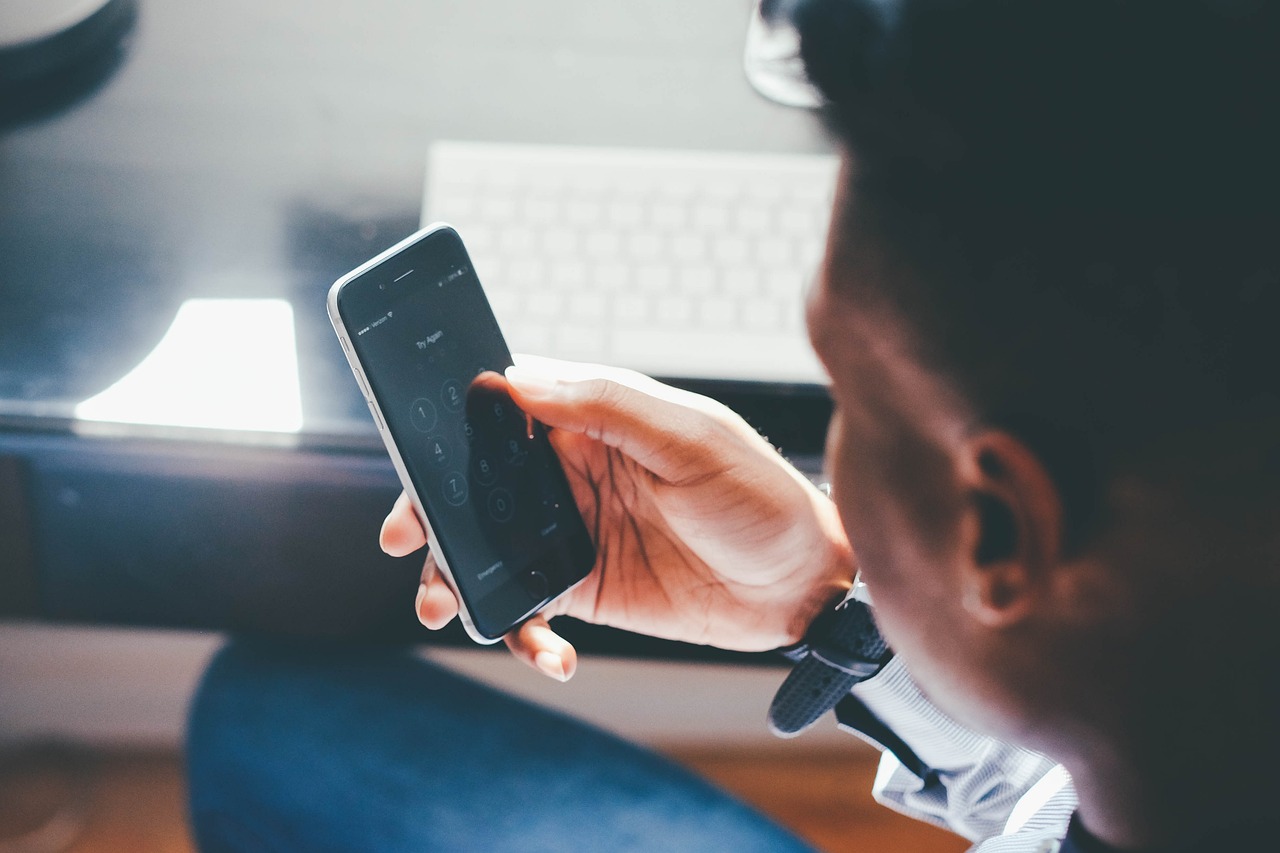
Inconsistent Information
In the realm of online relationships, can serve as a major red flag that something isn't quite right. Imagine you're getting to know someone, and they share details about their life, their job, or even their hobbies. At first, everything seems to align perfectly, but as conversations progress, you start to notice discrepancies. One day, they mention they work as a graphic designer, and the next, they claim to be a software engineer. Such contradictions can raise eyebrows and should not be overlooked.
It's essential to recognize that everyone has a unique story, and sometimes, people may embellish their experiences for various reasons. However, when these embellishments become frequent and significant, it could indicate a deeper issue, such as a lack of honesty or an attempt to manipulate the narrative. Trust is built on a foundation of truthfulness, and if that foundation is shaky, the relationship may be heading for trouble.
To protect yourself, consider the following signs of inconsistent information:
- Frequent changes in personal details, such as job titles or locations.
- Vague responses when you ask for clarification about their life.
- Contradictory stories that don’t align with previous conversations.
When you encounter such inconsistencies, it’s crucial to approach the situation with caution. You might want to gently confront the individual about the discrepancies. A simple, non-confrontational question like, “I thought you mentioned you were in marketing; is that still the case?” can open up a dialogue. This not only gives them a chance to clarify but also allows you to gauge their reaction. If they become defensive or evasive, it might be time to reconsider the relationship.
Moreover, keeping a mental note of the information shared can help you identify patterns over time. If you find yourself constantly second-guessing what they say or feeling uneasy about their stories, trust your instincts. Your gut feelings are often a reliable guide when navigating the murky waters of online relationships.
In conclusion, being vigilant about inconsistencies can save you from potential heartache. Remember, a healthy relationship is built on trust, and if that trust is compromised by inconsistent information, it may be time to reevaluate your connection.
Q: What should I do if I notice inconsistent information in an online relationship?
A: It's important to address your concerns directly but gently. Ask clarifying questions and observe their responses. Trust your instincts—if something feels off, it might be worth reconsidering the relationship.
Q: Can inconsistent information be a sign of manipulation?
A: Yes, frequent inconsistencies can indicate that someone may be trying to manipulate the narrative to control the relationship or avoid accountability.
Q: How can I protect myself from unsafe online relationships?
A: Establish clear boundaries, stay aware of red flags like inconsistent information, and prioritize open communication. Trust your instincts and don’t hesitate to walk away from relationships that make you uncomfortable.

Establishing Boundaries
In the digital age, where interactions often occur behind screens, establishing boundaries in online relationships is more important than ever. Just like in face-to-face relationships, boundaries serve as the invisible lines that protect your emotional well-being and personal space. But how do you go about setting these boundaries in a virtual world? It might seem daunting, but with a little clarity and confidence, you can create a safe and respectful environment for yourself and others.
First and foremost, it's essential to recognize that boundaries are not just about saying "no." They are about defining what is acceptable for you and communicating those needs clearly. Think of boundaries as the guardrails on a highway—they help keep you on track and prevent you from veering into dangerous territory. For instance, if you feel uncomfortable sharing personal information like your home address or financial details, it's perfectly okay to express that. A healthy online relationship should respect your limits without question.
When establishing boundaries, consider the following steps:
- Self-Reflection: Before you communicate your boundaries, take some time to reflect on what makes you feel comfortable and what doesn't. Understanding your own limits is crucial.
- Clear Communication: Once you know your boundaries, articulate them clearly. Use "I" statements to express how you feel. For example, "I feel uncomfortable discussing my personal life in detail" is more effective than saying, "You shouldn't ask me about my life."
- Consistency is Key: Once you've set your boundaries, stick to them. If you waver, it can send mixed signals to the other person, making it harder for them to understand your limits.
Additionally, it's vital to be aware that boundaries can evolve over time. As relationships grow and change, so too can your comfort levels. Regular check-ins with your online partner can help ensure that both of you are on the same page. This is especially important in long-distance relationships where communication might not be as frequent. Ask questions like, "How do you feel about our current communication style?" or "Are there any topics you’d prefer to avoid?" This fosters an open dialogue and reinforces mutual respect.
Remember, establishing boundaries is not just about protecting yourself; it's also about creating a framework for a healthy relationship. When both parties understand and respect each other's limits, it can lead to a deeper, more meaningful connection. Think of it like a dance—each partner needs to know their steps to move gracefully together.
In conclusion, setting boundaries in online relationships is essential for maintaining safety and emotional health. By engaging in self-reflection, communicating clearly, and being consistent, you can cultivate a relationship that is both respectful and fulfilling. Don't underestimate the power of boundaries; they are the foundation upon which safe and healthy online relationships are built.
Q: Why are boundaries important in online relationships?
A: Boundaries help protect your emotional well-being, establish respect, and ensure that both parties feel safe and comfortable in the relationship.
Q: How do I know if my boundaries are being respected?
A: If your partner listens to your needs and adjusts their behavior accordingly, it’s a good sign that they respect your boundaries. If they dismiss your concerns or pressure you to change your limits, that’s a red flag.
Q: Can boundaries change over time?
A: Yes, boundaries can evolve as relationships grow. Regular communication about comfort levels can help both parties adapt to these changes.
Q: What should I do if someone violates my boundaries?
A: If someone disregards your boundaries, it's important to address it directly. Communicate how their actions made you feel and reiterate your limits. If they continue to violate your boundaries, it may be necessary to reevaluate the relationship.
Frequently Asked Questions
-
What are the signs of a safe online relationship?
Safe online relationships often exhibit clear signs such as open communication, where both parties feel comfortable discussing their thoughts and feelings. Additionally, there is mutual respect, meaning both individuals value each other's opinions and boundaries. Trust is built over time, and both individuals should feel secure in sharing personal information without fear of judgment or backlash.
-
How can I identify red flags in an online relationship?
Red flags in online relationships can include controlling behavior, where one person tries to dictate how the other should act or feel. Another major warning sign is inconsistent information, such as discrepancies in what someone tells you about their life or background. If something feels off, trust your instincts and consider discussing your concerns with the other person.
-
What should I do if I notice red flags?
If you notice red flags in an online relationship, it's crucial to trust your gut. Consider having an open and honest conversation about your feelings. If the behavior continues or escalates, it may be best to reassess the relationship and potentially cut ties for your safety. Remember, your well-being should always come first.
-
How can I establish boundaries in an online relationship?
Establishing boundaries is vital for maintaining a healthy online relationship. Start by clearly communicating what you're comfortable with and what your limits are. Be specific about your needs, whether it’s how often you communicate or what personal information you're willing to share. It’s essential to revisit these boundaries regularly to ensure both parties feel respected and secure.
-
Are online relationships as valid as in-person relationships?
Absolutely! Online relationships can be just as meaningful and fulfilling as in-person ones. The key is to foster trust and authenticity. Many people have formed lasting connections online that have transitioned into real-life friendships or partnerships. Just remember to stay vigilant about safety and communication.
-
How can I foster a healthy online relationship?
To foster a healthy online relationship, prioritize open communication and honesty. Share your thoughts and feelings regularly, and encourage your partner to do the same. Set mutual goals for the relationship, and be sure to check in with each other about your comfort levels and boundaries. Building a foundation of trust takes time, so be patient and supportive of one another.



